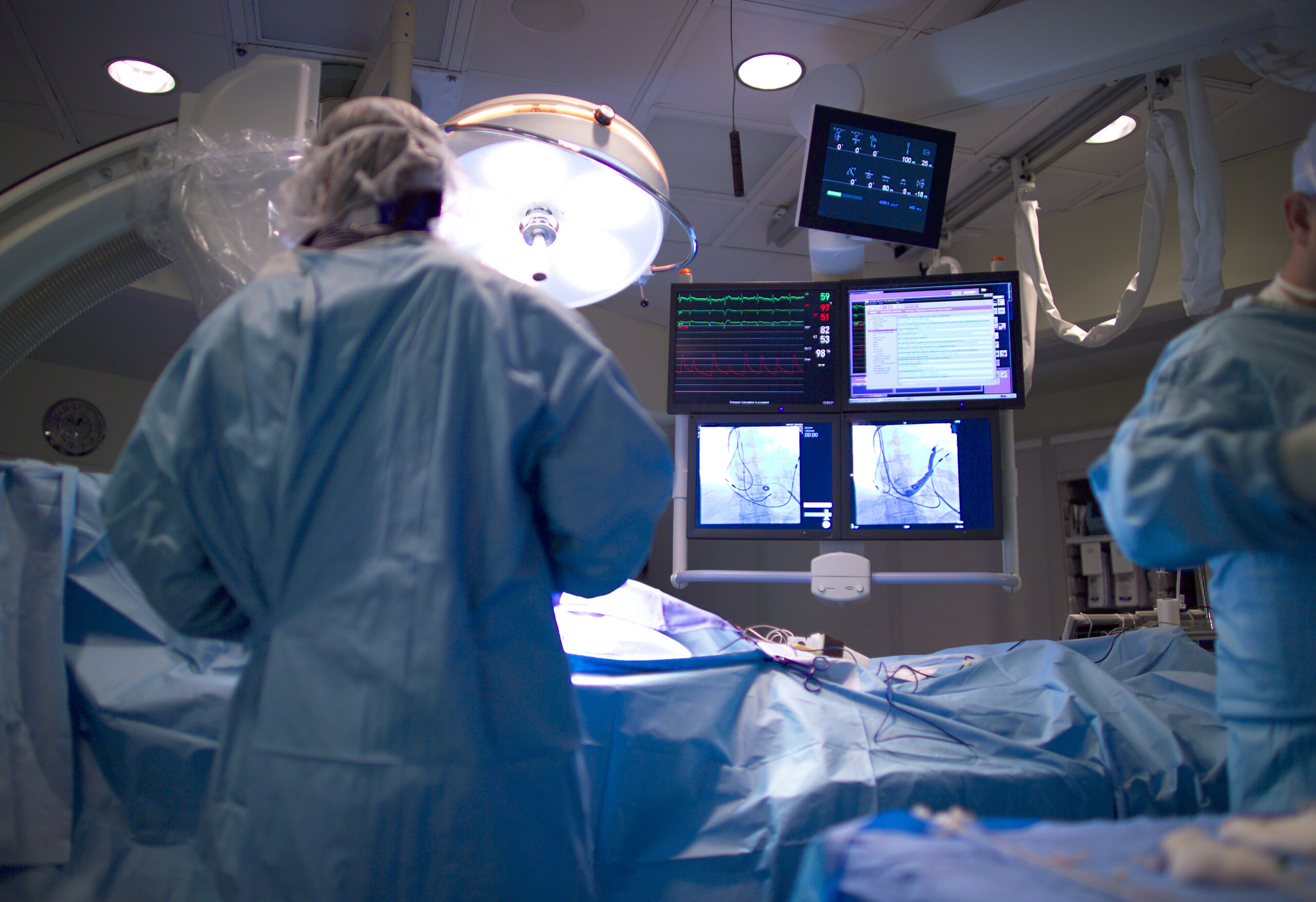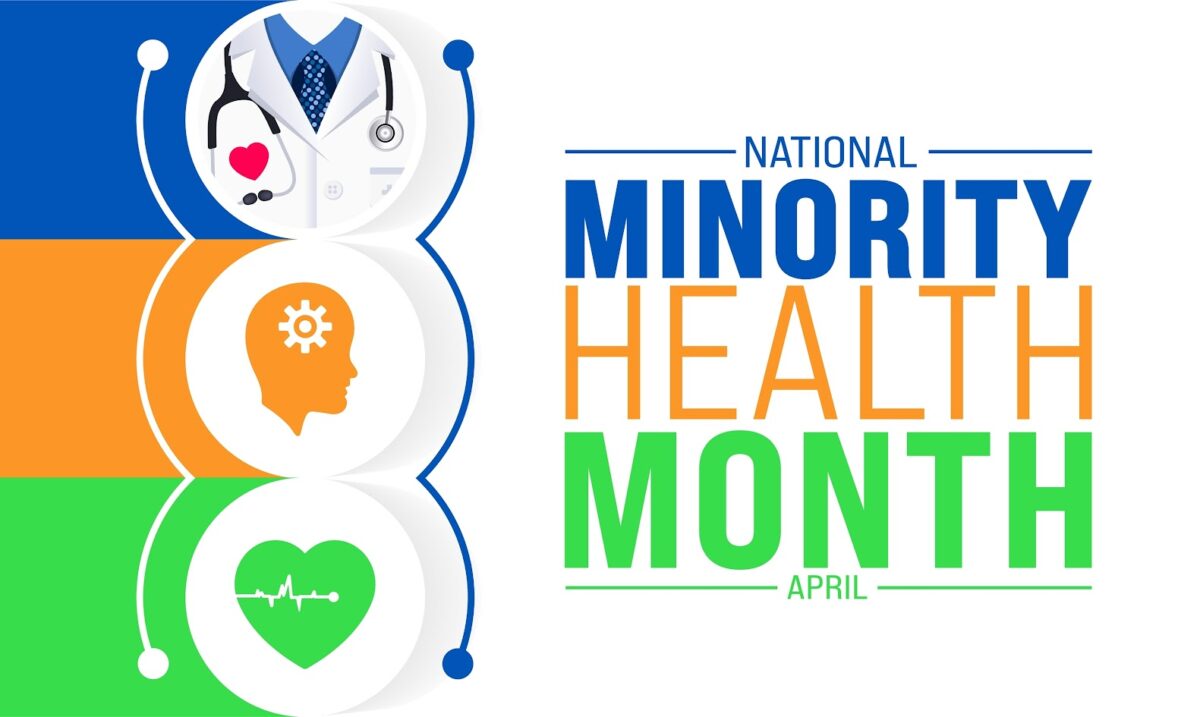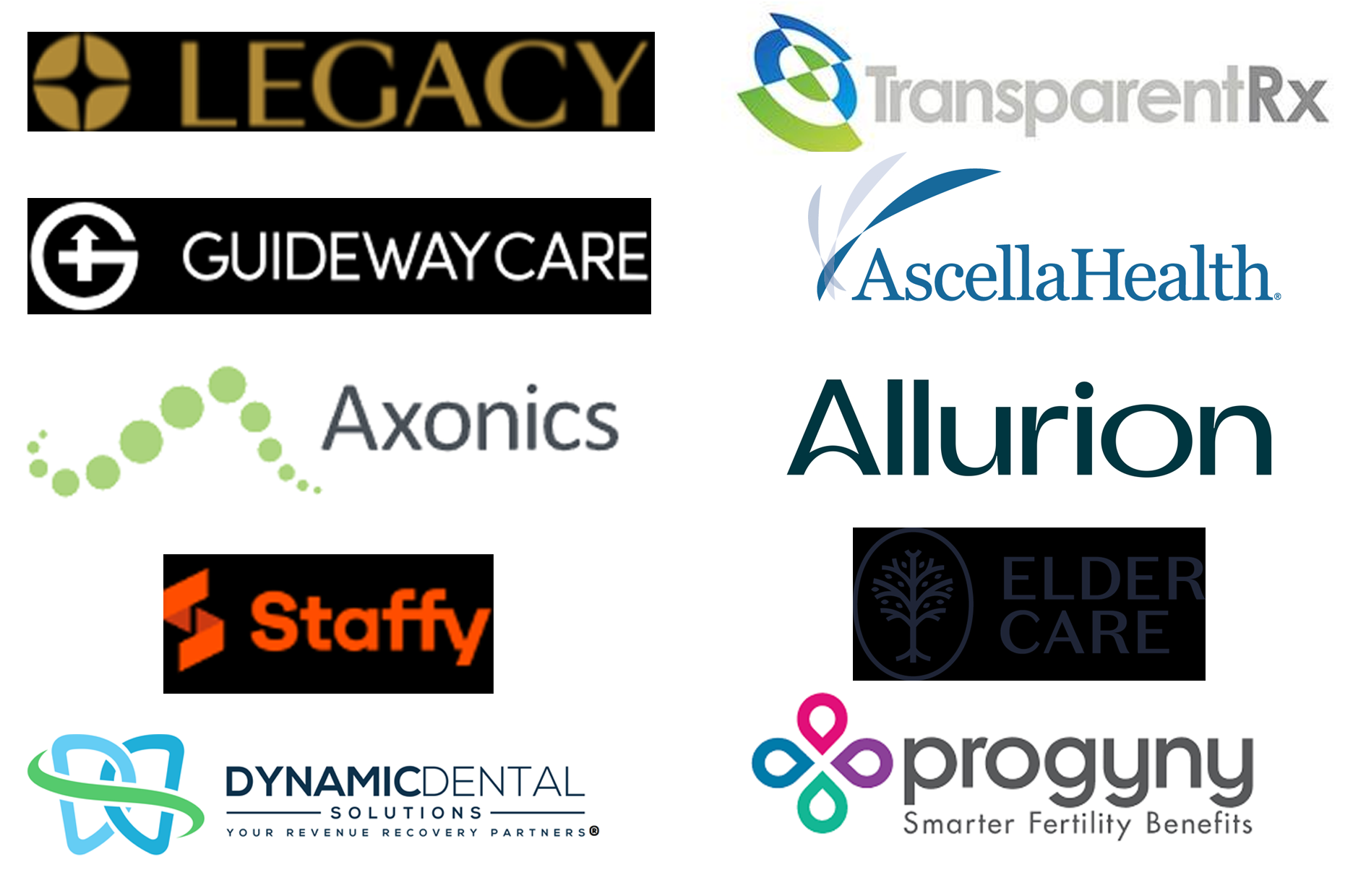Navigating the multifaceted landscape of healthcare challenges and opportunities requires a deep understanding of both the systemic issues at play and the innovative solutions needed to address them. Dr. Gary Mangiofico, Executive Professor of Organizational Theory and Management at Pepperdine University, recently shared his insights with Xtalks.
He explores the current state and future possibilities of the American healthcare system and sheds light on the healthcare challenges of today as well as the innovations that could shape tomorrow.
Simplifying Payment Systems: A Gateway to Innovation
One of the most pressing healthcare challenges identified by Dr. Mangiofico is the complexity of payment systems within the industry. “The area of simplifying payment systems is perhaps one of the areas in most need of reform, thus innovation,” he says.
The disjointed interactions among insurers, managed care providers, pharmacy benefit managers and clinicians hinder efficient population health management and disease prevention. Dr. Mangiofico suggests leveraging AI to streamline these processes.
Related: Organon’s Commitment to Addressing Contraceptive Deserts
The Role of DNA Mapping and Data Mining
Further innovation can be seen in the integration of personal DNA genome mapping into medical care. Dr. Mangiofico highlights its current applications in cancer treatment and its potential for broader use in diagnosing and treating various conditions more effectively. He also emphasizes the importance of data mining in healthcare information.
“Data mining through digital transformation initiatives will assist clinicians, organizations and patients to create a more optimal picture for medical prevention and intervention,” he explains. Access to new data banks of sequenced genomes will empower scientists to develop precision treatments and new clinical drugs, advancing the medical field significantly.
Academia’s Crucial Influence on Healthcare Innovation
When asked about the role of academia in healthcare, Dr. Mangiofico praises its ability to cultivate critical thinking and adaptability, which are essential for understanding and implementing transformative solutions.
“Academia can lead discussions confronting the paradoxes that exist in healthcare delivery,” he notes. By fostering thought leadership and research on the evolving dynamics of healthcare and necessary leadership traits, academic institutions are pivotal in driving significant advancements in the field.
Overcoming Healthcare Challenges
Identifying the main barriers to progress in the healthcare industry, Dr. Mangiofico points to the misalignment of incentives within the current system. “We continue to maintain a transactional healthcare system,” he observes, highlighting the need for a shift towards population and disease state management to realize potential savings and improve coordination in care.
Addressing these issues requires a willingness to take risks and explore innovative healthcare delivery models, including virtual care and ambulatory settings, despite the inherent risk-averse nature of the industry.
Vision for the Future: Custom Preventative and Interventional Medicine
Looking forward, Dr. Mangiofico is optimistic about the possibilities for improving the American healthcare system through custom preventative and interventional medicine. This approach involves taking calculated risks to pioneer new treatments and care models before their outcomes are fully known.
“There are so many parts of what we refer to as the healthcare system, that there will be no one answer,” he states, advocating for a combination of actions across various sectors to foster a shift in mindset and necessary reforms.
Dr. Mangiofico’s perspectives highlight critical areas where innovation is needed to address the healthcare challenges of today and unlock the potential of tomorrow. By focusing on simplifying payment systems, integrating advanced genetic technologies, leveraging academia’s role, overcoming systemic obstacles and embracing new medical paradigms, the future of healthcare looks promising.
As industry stakeholders continue to navigate these complexities, the insights from thought leaders like Dr. Mangiofico will be invaluable in shaping a more effective and efficient healthcare system.
If you want your company to be featured on Xtalks.com, please email [email protected].












Join or login to leave a comment
JOIN LOGIN